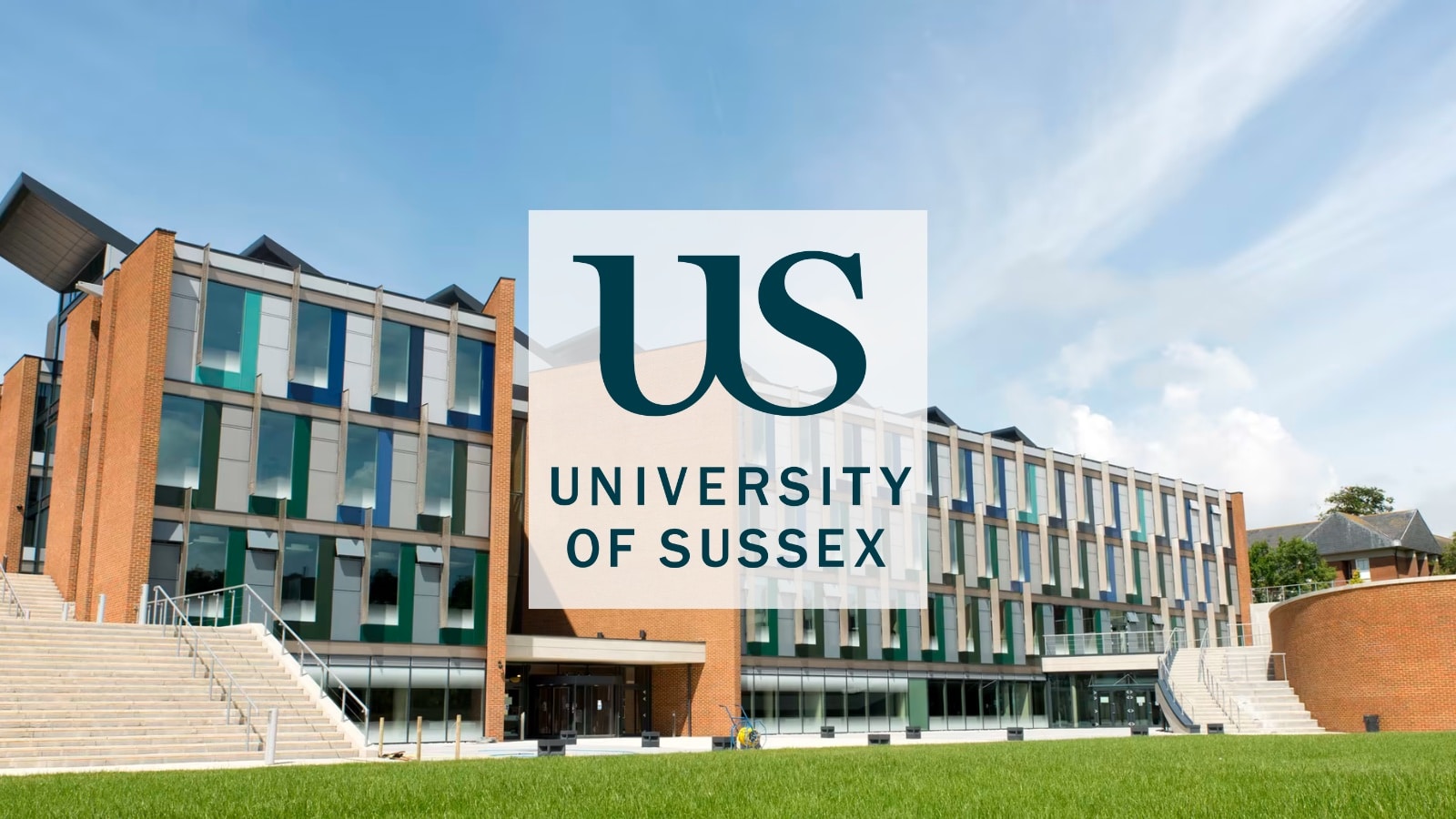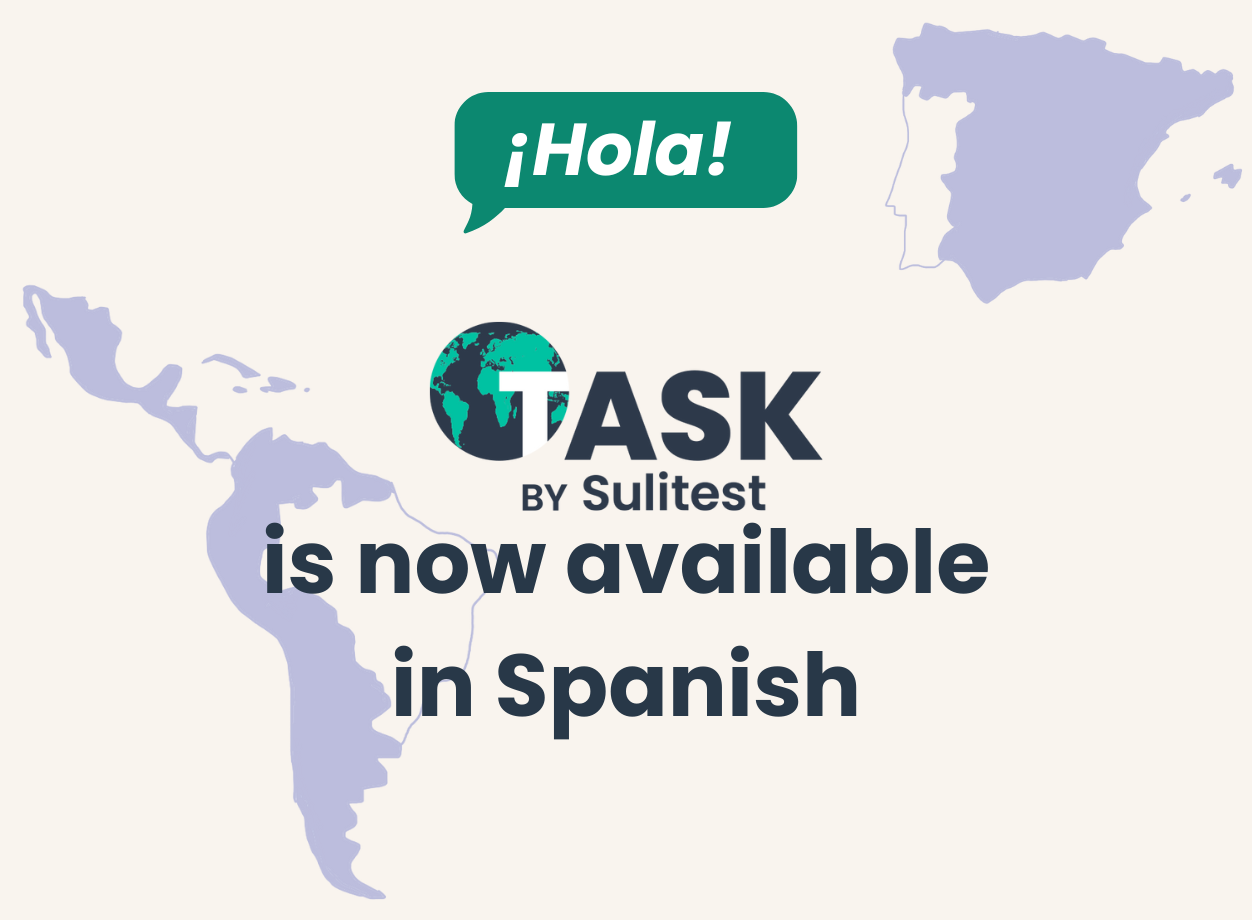
Embedding Sustainability Across All University Faculties and Programs

From “add-on” to core: how higher education can mainstream sustainability — with examples from Sulitest partners like UniLaSalle and University of Sussex
As a new academic year begins, universities around the world are asking an essential question:
How can we ensure that every graduate — regardless of their field of study — is prepared to tackle the ecological and social challenges of our time?
For too long, sustainability has been treated as an extracurricular activity, confined to optional workshops or student-led clubs. While these initiatives are valuable, they rarely reach the majority of students. To meet today’s urgent global challenges, sustainability education must move from the margins to the heart of curricula — across all disciplines, from engineering and business to law, design, health, and beyond.
Why embedding sustainability within disciplines matters
Integrating sustainability content directly into disciplinary programs enables students to:
- Understand how sustainability challenges intersect with their field’s practices, ethics, and responsibilities
- See the real-world relevance of sustainability, making it more than abstract theory or moral obligation
- Build systems thinking skills, connecting technical expertise to social, environmental, and economic impacts
- Develop the leadership mindset needed to drive the transition to a sustainable society, whatever their career path
This approach calls for more than awareness campaigns. It requires structured, discipline-relevant learning pathways—and that’s exactly what many forward-thinking institutions are now implementing.
Case 1 — UniLaSalle: embedding sustainability at the core of engineering education

UniLaSalle, a French polytechnic institute, has made sustainability and the ecological transition a central pillar of its educational mission. Through its “Uni4Change” strategy, the school ensures that sustainability is woven throughout the curriculum, not confined to electives.
From the first year, students are introduced to sustainability concepts, gradually deepening their knowledge in core modules such as energy, digital systems, and environmental engineering. International mobility programs then give students the chance to apply this knowledge in real-world projects with social and environmental impact. In the final years, sustainability becomes an area of specialization directly aligned with students’ majors.
To support this integration, UniLaSalle uses TASK™ as a diagnostic and monitoring tool, helping faculty track progress and adapt content where needed. Faculty and staff are also included in this journey, with training opportunities such as MOOCs, Climate Fresk workshops, and participatory activities — creating a whole-institution approach to sustainability learning.
Case 2 — University of Sussex Business School: building sustainability literacy across business programs

At the University of Sussex Business School, sustainability is embedded in teaching, research, and institutional culture.
Students encounter sustainability from their first semester. The “Introduction to Business Management” module combines a business simulation with SDG-focused challenges, helping students understand how sustainability applies in real business contexts. At the postgraduate level, students reflect on how sustainability informs their dissertations and research decisions.
TASK™ supports this strategy by providing a baseline metric of sustainability knowledge and helping the school monitor student progress.
A growing movement — and a shared responsibility
These examples show that embedding sustainability is most effective when it becomes part of an institution’s DNA.
This requires:
- Clear strategic commitment from leadership
- Faculty engagement and professional development
- Data-driven tools like TASK™improvements to assess and guide learning, and adapt programs over time
How Sulitest can help your institution
Sulitest supports universities and business schools worldwide in embedding sustainability across their curricula. Our flagship tool, TASK™, provides:
- A robust framework to assess students’ sustainability knowledge and mindsets
- Benchmarking data to track progress over time and strengthen institutional strategies
By equipping both students and staff with a shared understanding of sustainability challenges, Sulitest helps institutions build the collective capacity needed to shape a sustainable future.












